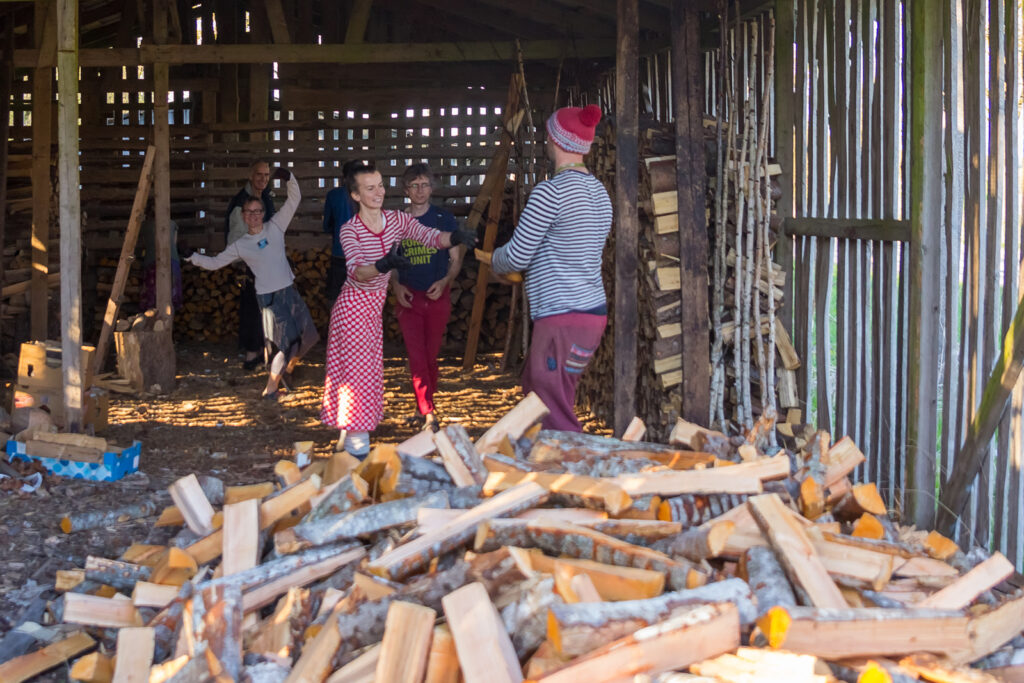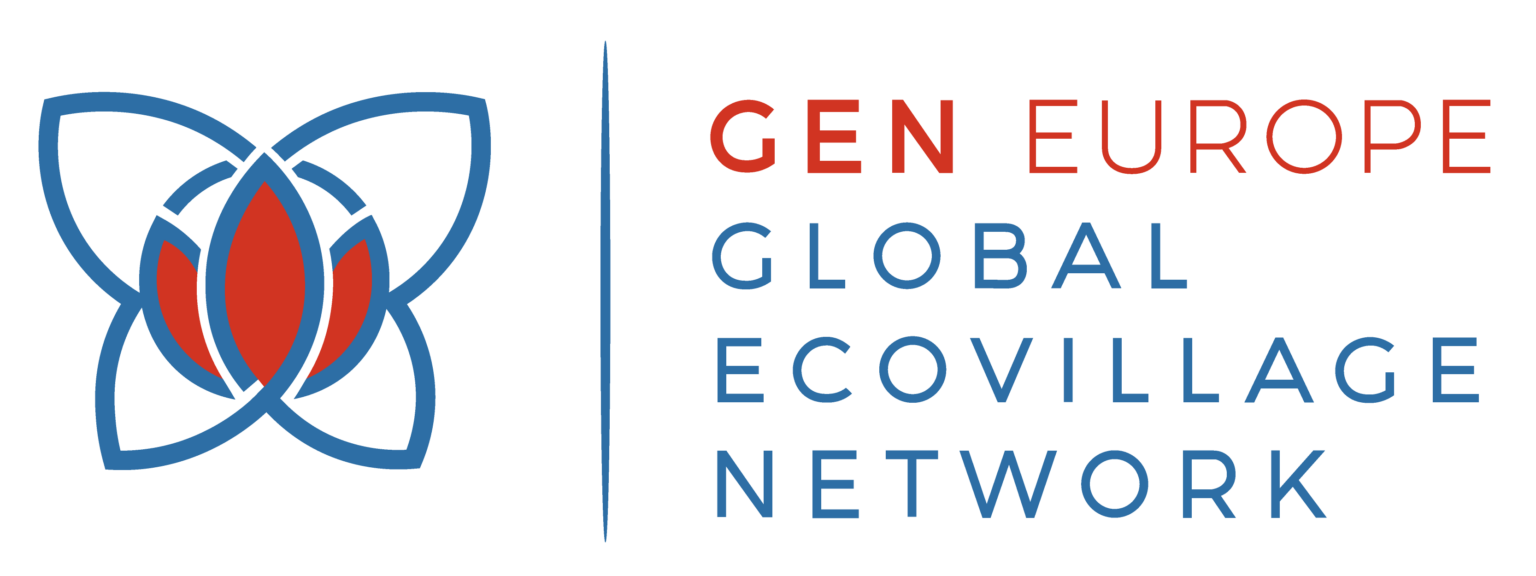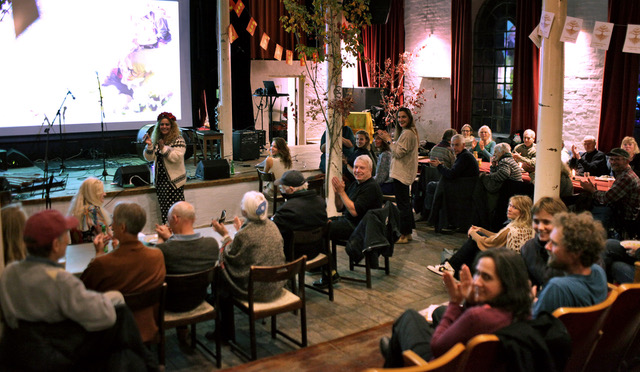Our third journey: Tips on volunteering in a community
As shared with you in the first journey, we believe that volunteering is one of the best ways to really get to know a community and to further explore community life. This month, Alex from NextGen Europe and Julio (current ESC volunteer from Arterra Bizimodu) is sharing with us some tips on how to best prepare and make the volunteering a truely enriching experience.
But, let’s start from the beginning, with an introduction about volunteering basics...

People choose to volunteer in ecovillages for all sorts of reasons. A meaningful holiday or career-break, an exploration of new ways of being, a way to learn new skills, a search for home. For the best experience possible and to avoid disappointment, it’s important to do plenty of research before you choose a place to volunteer. Some useful questions to ask yourself include:
- Do I want a holiday or am I looking for my future community?
- Am I prepared to be remote and off-grid, or do I need some creature comforts?
- Do I want to be in a group or independent? With people my own age, or a mix?
- Do I need a vehicle? Can I leave my pets at home if the community can’t accept them?
- Am I willing to take instructions? Are there any tasks I don’t want to or can’t do?
- Is my approach to substance use such as alcohol and caffeine, and diet (omnivore, vegetarian, vegan), aligned with the community?
Continue reading the introduction about volunteering in this article from GEN Europe:
Alex’ and Julio’s tips for volunteering in a community
- Read carefully the description of the volunteering activities and the description of the ecovillage’s values, mission and vision, to try find one that really feels aligned with you. Beware that ecovillages are very different from one another. Some may have a very strong spiritual focus, others may focus more on political activism or are more practically oriented. And also the rules and expectations can vary greatly and should be studied carefully before making up your mind. Some communities have very strict rules on substance use for example, which might be exactly what you are looking for but in case you come with different expectations, it is good to be aware beforehand…
- Make sure to communicate whatever expectations you may have before going to the project, to check how likely it is these will be met. In many cases you will have a phone call or video call before you start volunteering which would be a good time to ask these questions.
- Read (or skim through) Diana Leafe’s book “Creating a Life Together” and “Finding Community”
- If possible have first some experience with short volunteering near where you live (WWOOF, Workaway, E+ Youth Exchanges), to get a taste of it, before committing long term somewhere far from home where they don’t speak your language and you don’t know anybody.
- Depending on your social skills and how comfortable you feel about yourself, investigate more about communication tools or conflict management (Non violent communication, process work, group facilitation, setting boundaries, etc)
- Contact with people who have volunteered in those places you’re interested to visit, and learn more about their experience. One way to do it is through NextGEN Eu’s sharing circle.
- If there is a group dont always intereact with volunteers. Show interest and try to get a glimpse also of other areas that are not part of the volunteering agreement
- At the same time it is important to find a balance between getting engaged and setting boundaries, because in a community there is usually always so much to do that you can easily get overwhelmed…




